Mysore/Mysuru: Renowned historian and author Dr. Vikram Sampath highlighted that the Archaeological Survey of India (ASI) has utilised advanced technology to conduct a rigorous scientific survey of the Gyanvapi Mosque adjoining the Kashi Vishwanath Temple in Varanasi, Uttar Pradesh.
Speaking at a panel discussion along with Prof. G L. Shekar on ‘Ancient history and contemporary consequences’ at the Mysuru Literature Festival that concluded last evening at Hotel Southern Star Hotel in city, Dr. Sampath emphasised the importance of relying on factual evidence rather than speculative doubts concerning this issue.
He underscored that the ASI’s survey of the Gyanvapi Mosque courtyard was methodically carried out using cutting-edge technology, dismissing any scepticism due to the scientific approach adopted.
Dr. Sampath also noted that the ASI has meticulously documented inscriptions found in the mosque’s courtyard as part of their factual evaluation. Addressing mathematical principles, Dr. Sampath pointed out that mathematical calculations leave no room for uncertainty, illustrating that adding 2 with 2 invariably results in 4.
He underscored that similar scientific rigour underpins the archaeological assessments conducted at the Gyanvapi Mosque, as documented in an exhaustive 800-page report by the ASI, which includes evaluations conducted with modern technological methods.
Dr. Sampath further mentioned the prevalent belief among Hindus in Kashi regarding salvation or liberation, supported by numerous mythological references. He highlighted that many temples across India have faced attacks but noted efforts, including reconstructions, to preserve and restore them.



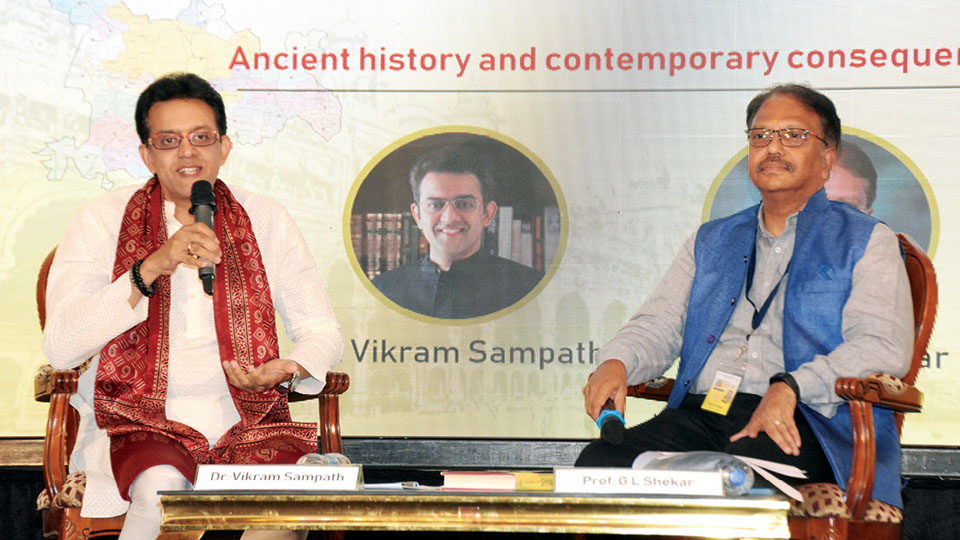
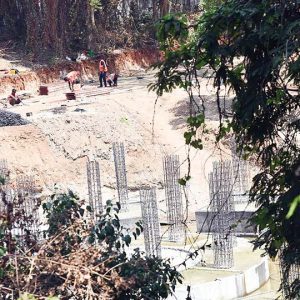
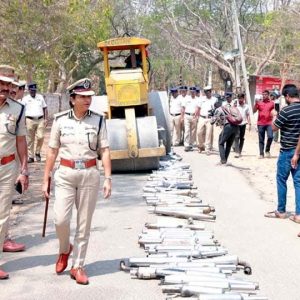
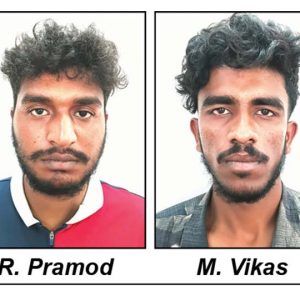
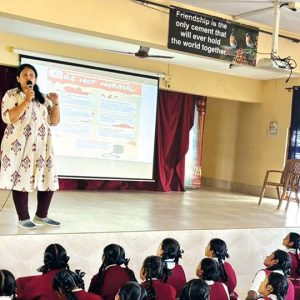
Recent Comments